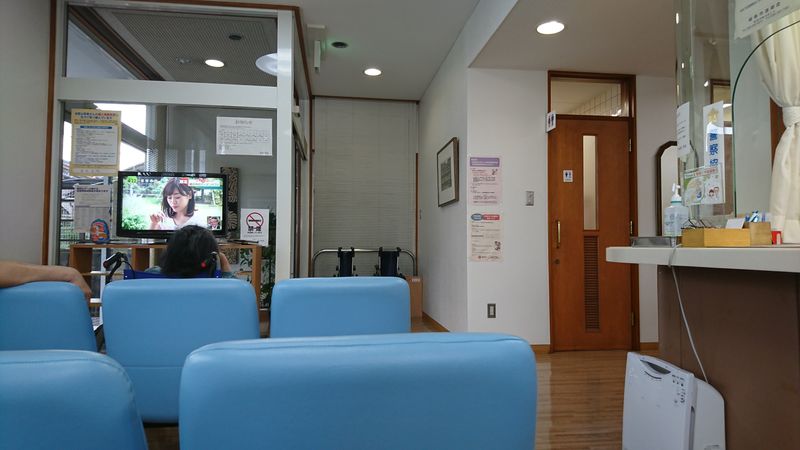Aug 3, 2018
Family Doctors and English
Most people would assume that for anyone who entered, studied through and graduated from the most difficult faculty of university would be extremely masterful and their field. Therefore, it is quite reasonable for us to assume that all doctors would be able to speak English to a certain communicative level, especially since they had to study English to enter medical school, they studied English in university, and they even had classes like medical English.
The truth is far more disappointing and maybe shocking to some. A lot of doctors in Japan simply cannot communicate in English well enough for non-Japanese speaking patients. From my experience, and from stories from colleagues, we realized we have mostly interacted with three types of doctors here in Japan:
1. Those working in big hospitals, doing conferences locally and internationally, who speak really good English
2. Those working in their own clinics, avoiding all usages of English even if you demonstrate that you don't understand what they are saying
3. Those working in their own clinics, trying to speak English but you cannot understand what they are trying to explain to you because their pronunciation is horrendous and the sentences might not be making sense

The latter two are the family doctors I want to focus on, and they really demonstrate how the English education in Japan gives very little value to the communicative aspect of learning the language. We must remember that to get into medical school, these prospective doctors had to pass the university entrance exam which must have included an English test, but what those tests entailed are mostly reading and listening components, maybe some writing, and virtually never speaking, so passing that exam, even with flying colours, does not mean that they can speak English.
However, they might not know that because Japan and Japanese exams are so knowledge-focused with little attention paid to learning skills, and from my own observations, that actually gives medical students the opposite results. Many university students studying medicine actually have TOO MUCH confidence that they are less open to learning. The medical students might have higher knowledge and know more words, but they were also the ones who disregard the importance of the speaking classes the most. Even after they failed the midterm due to a lack of communication skills, they still thought that the class was too easy simply because the words used were not as complex as the ones they studied to enter the university.
Unfortunately, this false sense of confidence does very little to nothing to help these future doctors in learning how to speak English. Rather than hoping my doctor can explain my body's situation, it might just be easier for me to improve my Japanese.



2 Comments
TonetoEdo
on Aug 14
It used to be that doctors in Japan all learned German as the language of medicine rather than English. You may meet older doctors, though it's increasingly rare, who keep their karute ( the German word for chart) in German. Younger doctors usually have a rudimentary knowledge of English and Latin names of ailments and medicines. Before you go to the doctor for a chronic condition or regular symptoms, make a note of the ailment in Japanese and Latin. But to understand the doctor's diagnosis and instructions, you really need a good foundation in Japanese.
JapanRamen
on Aug 15
@TonetoEdo That's really interesting!!